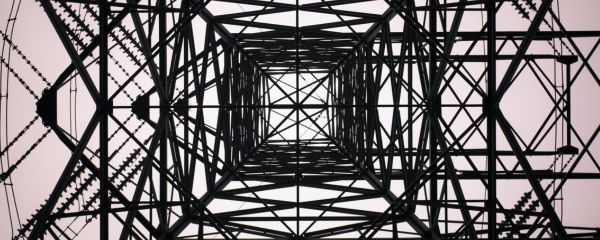
Understanding justice and fairness in energy transitions (MOOC)
Energy transitions are not solely technological or economic shifts; they have profound social impacts that can either reinforce or challenge existing inequalities. The benefits and burdens of energy transitions are often unevenly distributed, with vulnerable communities frequently facing the greatest risks, such as displacement and environmental degradation, while having limited access to the benefits, such as cleaner energy and livelihoods.
Studying justice in energy transitions can help reflect on and better understand the nature of these issues while identifying new ones along the way. Different ideas of justice can help us better understand what a fair or just transition might mean. By incorporating different ways of thinking and reasoning about justice, we can better understand and shape the goals of energy transitions.
This course provides a foundation and set of methods to connect different aspects of energy transitions to justice. In doing so, you will learn how to analyse energy transitions in reference to certain justice-related outcomes, connect your own life and energy use to justice, and build and support arguments regarding why we might think of certain aspects of transitions as just or unjust.
This MOOC consists of 6 modules. In total it will take you 23 hours to complete this online course concerning human rights.
Dates
The start dates are flexible. You can register for and start a MOOC at any time and follow the course at your own pace.
Location
Online
Fee
The course is free and open to everyone. After completion you receive a certificate (39 euros).
